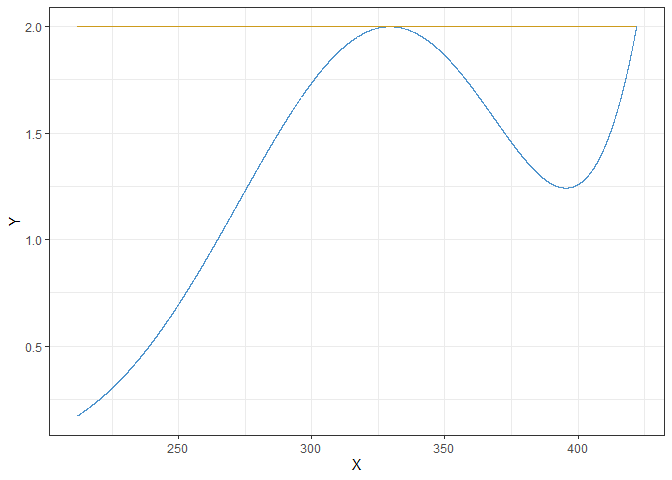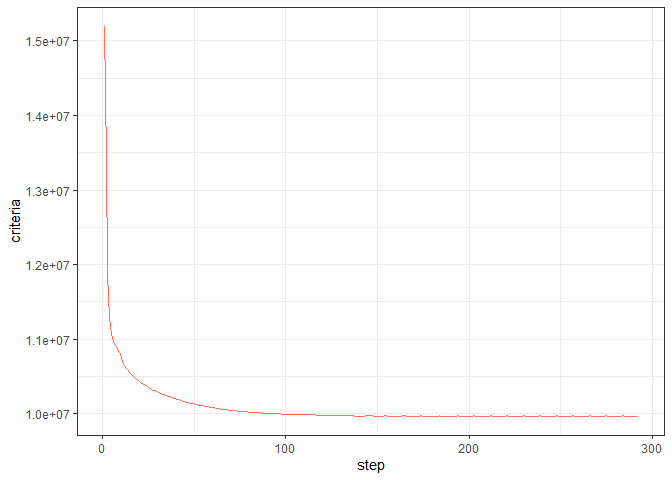
The package optedr is an optimal experimental design suite for calculating optimal designs, D-augmenting designs and efficiently rounding approximate design. Among its capabilities are:
You can install the released version of optedr from CRAN with:
install.packages("optedr")You can install the latest version of the package from GitHub with:
devtools::install_github("kezrael/optedr")The user available functions are:
opt_des() calculates optimal designs.design_efficiency() evaluates the efficiency of a
design against the optimum.augment_design() augments designs, allowing the user to
add points controlling the D-efficiency.efficient_round() efficiently round approximate
designs.shiny_optimal() demo of optimal designs calculation
with a graphical interface, applied to Antoine’s Equation.shiny_augment() demo of augmenting design with a
graphical interface, usable for a handful of models.The optdes object generated by opt_des()
has its own implementation of print(),
summary() and plot().
library(optedr)#> ℹ Loading optedrThe calculation of an optimal design requires a to specify the
criterion, the model, the
parameters and their initial values and the
design_space.
resArr.D <- opt_des(criterion = "D-Optimality",
model = y ~ a*exp(-b/x),
parameters = c("a", "b"),
par_values = c(1, 1500),
design_space = c(212, 422))
#>
#> ℹ Stop condition not reached, max iterations performed
#> ⠙ Calculating optimal design 22 done (27/s) | 812msℹ The lower bound for efficiency is 99.9986396401789%
#>
resArr.D$optdes
#> Point Weight
#> 1 329.2966 0.5000068
#> 2 422.0000 0.4999932
resArr.D$sens
resArr.D$convergence
After calculating the D-optimal design, the user might want to add points to the design to fit their needs:
aug_arr <- augment_design("D-Optimality", resArr.D$optdes, 0.3, y ~ a * exp(-b/x),
parameters = c("a", "b"),
par_values = c(1, 1500),
design_space = c(212, 422),
F)
aug_arr
#> [1] NAThis new design can be rounded to the desired number of points:
(exact_design <- efficient_round(aug_arr, 20))#> Point Weight
#> 1 329.2966 7
#> 2 422.0000 7
#> 3 260.0000 3
#> 4 380.0000 3And its efficiency compared against the optimum:
aprox_design <- exact_design
aprox_design$Weight <- aprox_design$Weight / sum(aprox_design$Weight)
design_efficiency(aprox_design, resArr.D)
#> ℹ The efficiency of the design is 86.0744360399533%
#> [1] 0.8607444